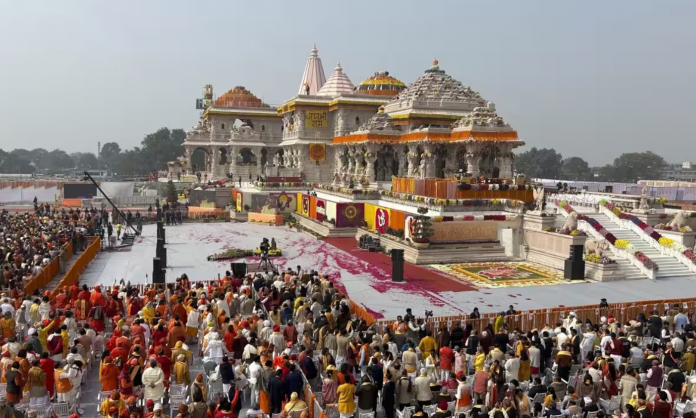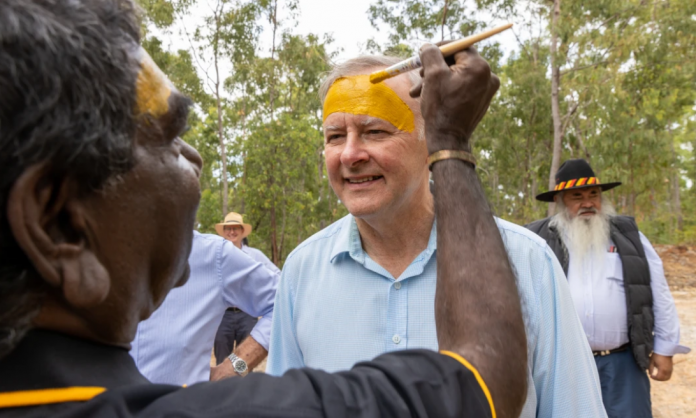From the moment Kevin Rudd started a push for ALP leadership in 2006 he assured the public of his moral rectitude. It was, he said, founded on a solid platform of Christian righteousness and brotherly love for the downtrodden.
Whether it was homilies to the media outside church services accompanied by his multi-millionaire wife or lengthy essays in serious journals, Labor’s richest ever leader has again and again invoked some reference to what he briefly called his “Christian socialist” principles.
Rudd’s most famous outing in this respect was his essay in The Monthly in 2006 titled “Faith in Politics”. It was here that he laid out his beliefs to a public that outside Queensland had until this point only been dimly aware of this former diplomat and public service headkicker.
Rudd sought to identify himself in the public mind with Dietrich Bonhoeffer, a figure in the German resistance movement against Hitler. Pastor Bonhoeffer was an outcast from the Lutheran Church, whose religious leaders sold themselves to Hitler. They went so far as wearing swastikas on their vestments. Bonhoeffer helped to garner opposition to Hitler and paid for this with his life. He was hanged on the Führer’s orders just two weeks before the concentration camp to which he had been transferred was liberated.
Nothing in Bonhoeffer’s life brings to mind Kevin Rudd, who has been a servant of power for more than two decades. Regardless, Rudd tried to paint himself in the colours of this brave man in his 2006 essay, calling him “without doubt, the man I admire most in the history of the twentieth century”.
What was it about Bonhoeffer that elicited Rudd’s admiration? To quote Rudd, Bonhoeffer was a “man of faith, a man of reason, a man of letters…never a nationalist, always an internationalist”. Presumably Rudd believed that he was following in his hero’s internationalist footsteps when he supported war on Iraq in 2003, doubled the troop deployment to Afghanistan as PM in 2008 and urged tough sanctions on Iran as Foreign Minister in 2011. However, it is highly unlikely that the anti-militarist Bonhoeffer would see it that way.
In his article, Rudd quoted Bonhoeffer’s reflections on the deportation of Jews: “We have for once learned to see the great events of world history from below, from the perspective of the outcast, the suspects, the maltreated, the powerless, the reviled – in short, from the perspective of those who suffer.” This outlook, Rudd claimed, was at one with his own. He wrote that Christianity “must always take the side of the marginalised, the vulnerable and the oppressed”.
But whose interests has Rudd really served? Outcasts such as Australia’s Indigenous people with his empty apology to the Stolen Generations?
The reviled, such as the country’s unemployed, who are expected to exist on $240 a week? The powerless such as single parents who have seen their incomes slashed? You’re far more likely to see Rudd taking the side of the powerful, the wealthy and the pampered – the denizens of the Melbourne Club, the Murdoch clan and all those who wouldn’t vote Labor in a fit.
Before concluding his essay in The Monthly, Rudd turned directly to the question of asylum seekers, which he called one of the “great challenges of our age”. And here his hypocrisy is most egregious. He opined: “The biblical injunction to care for the stranger in our midst is clear.” He slammed the Howard government proposal to excise the Australian mainland from the migration zone and defended the UN Convention on Refugees.
And yet in practice, Rudd has driven Labor policy further to the right than was generally believed possible. One can only recoil at his grotesque cant.
When Rudd calls on politicians to uphold “the values of decency, fairness and compassion that are still etched deep into our national soul”, one can only recall Matthew, chapter 23, verse 27 from the Bible: “Woe to you, scribes and Pharisees, hypocrites! For you are like whitewashed tombs, which outwardly appear beautiful, but within are full of dead people’s bones and all uncleanness.”










